
Kid Rock prepares to take on the Ticketing Industry

In a bold move that strives to address the long-standing issues in the concert ticket industry, Kid Rock has partnered with incoming U.S. President Donald Trump's Attorney General nominee, Pam Bondi. The duo aims to “open a can of whoop ass” on rampant malpractices, such as scalping and price gouging, which have for too long robbed music fans of fair access to live events. This invigorated campaign could mark a turning point in a music industry often accused of profiteering at the fans' expense.
The term “Whoop Ass” has become the rallying cry of this initiative, capturing widespread media attention and driving public discourse around the issue. Kid Rock's message is clear: bot networks, scalpers, and even some venues and managers engage in deceptive practices, further supported by the “dynamic pricing” models popularized by major ticketing platforms like Ticketmaster. This pricing strategy, which inflates ticket prices based on demand, adds another layer of frustration for fans who find themselves priced out of attending their favorite concerts.
Concertgoers and musicians alike have long voiced grievances regarding the convoluted ticket-buying process, marred by technological manipulations such as bots. In fact, fans experienced unprecedented difficulties during the sale of Taylor Swift's “Eras Tour” tickets, where bots overwhelmed Ticketmaster's infrastructure. This situation was a high-profile example of the need for regulatory intervention.
Kid Rock's association with Bondi, who isn't just Trump's Attorney General nominee but also has a history of high-profile legal battles, lends credibility to this ambitious undertaking. Bondi's confirmation could signify a refreshed push against alleged monopolistic behaviors by Live Nation and Ticketmaster, both of which are currently under antitrust investigation by the U.S. Department of Justice. This makes the campaign not just a public relations stunt, but a tactically important step towards potentially reshaping the legal landscape of the music ticketing industry.
Highlighting the depth of the issue, Kid Rock draws attention to how certain industry players systematically increase ticket prices, turning concert attendance into a luxury rather than an accessible leisure activity. The proposed overhaul spearheaded by Rock and Bondi aspires to recalibrate the balance, promising to prioritize fairness over profit. This movement is a call to action for all stakeholders to engage in meaningful discussions, and those failing to step up will have to “Fuck Around and Find Out,” according to Rock's fiery rhetoric.
Kid Rock's plan, therefore, involves sweeping reforms that extend beyond just confronting ticket platforms. By bringing together artists, managers, and venues, this endeavor seeks not only to address the present crisis but to foster a sustainable industry model that benefits everyone from the artists to the fans. As such, “opening a can of Whoop Ass” isn't merely about punitive measures; it's a commitment to cleansing the industry of its underlying inequities.
The repercussions of this initiative could resonate globally, inspiring international music markets to similarly challenge exploitative practices. Kid Rock, through his vocal dissent and strategic alliances, positions himself not just as a celebrity with a cause but potentially a beacon of change in an infamously rigid system.
Ultimately, the ongoing efforts of Kid Rock and Pam Bondi could carve a new path for concertgoers by dismantling the complex, unfair barriers imposed by the current ticketing systems.
Key Takeaways
-
ultimateclassicrock.com | President-elect Donald Trump's nominee for Attorney General, Pam Bondi, is supported by Kid Rock in efforts to reform the ticketing industry, addressing the decades-long fiasco of buying concert tickets.
-
www.loudersound.com | Kid Rock vocally supports the upcoming administration's initiative under Donald Trump to tackle monopolistic practices within the concert ticketing sector.
-
www.digitalmusicnews.com | Live Nation and Ticketmaster have been criticized for monopolizing the ticket sales market, controlling over 80% of U.S. sales, as mentioned in a Wall Street Journal report.




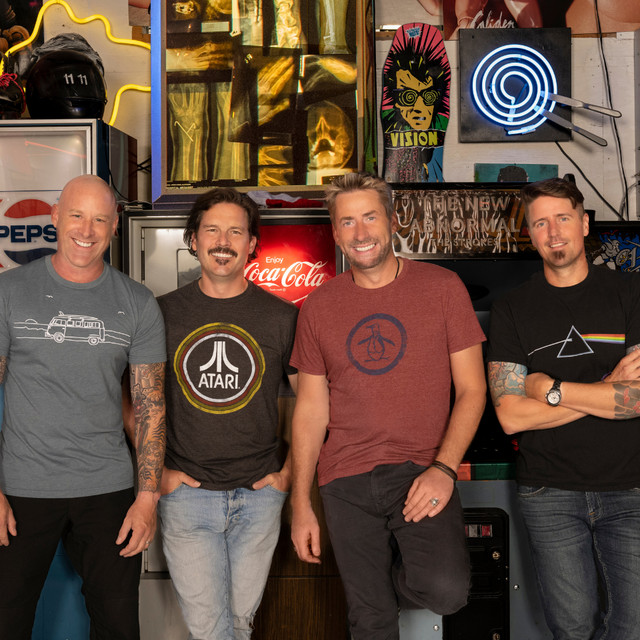



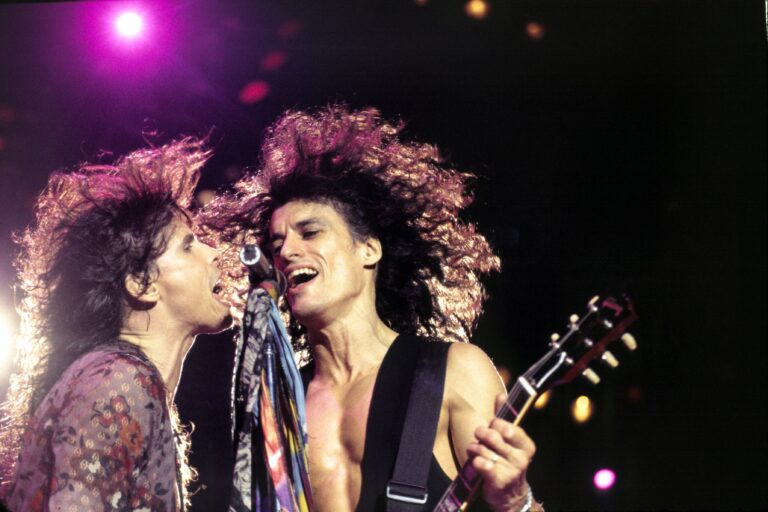
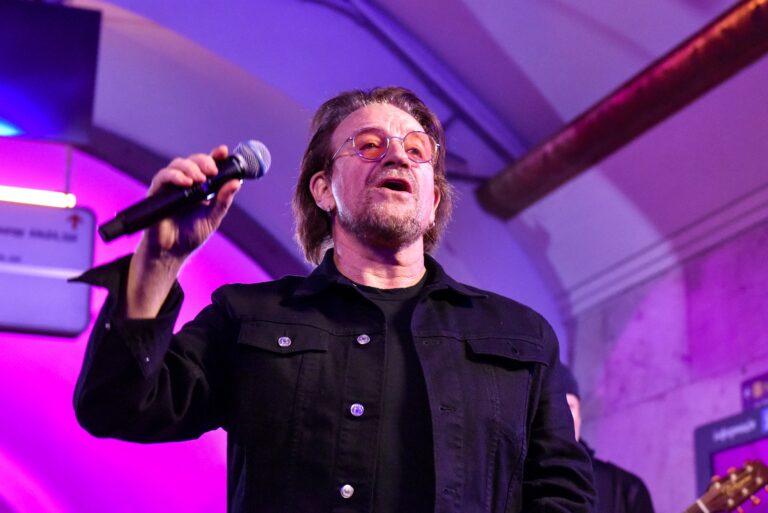
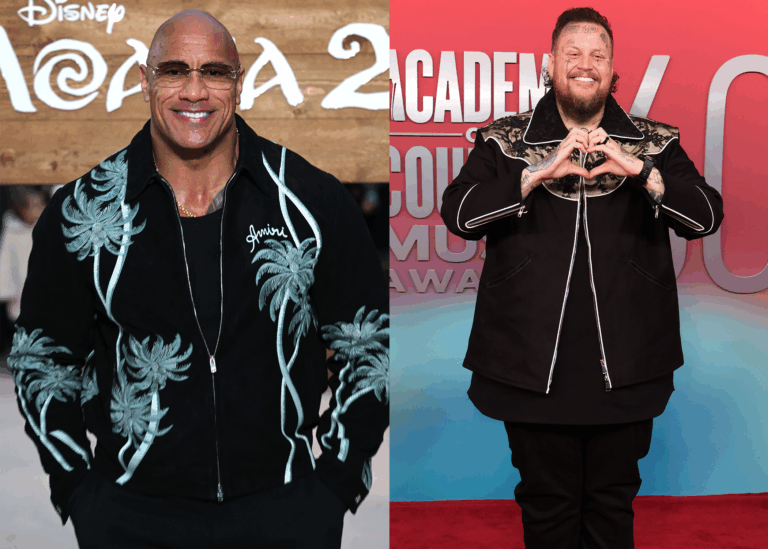
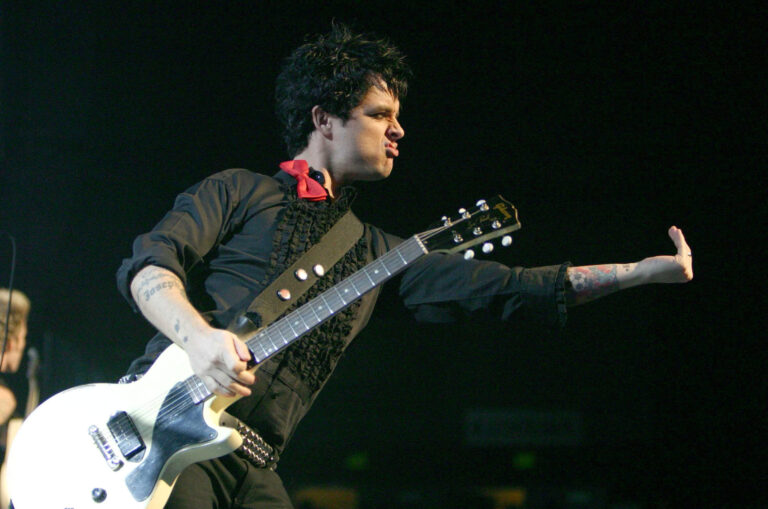
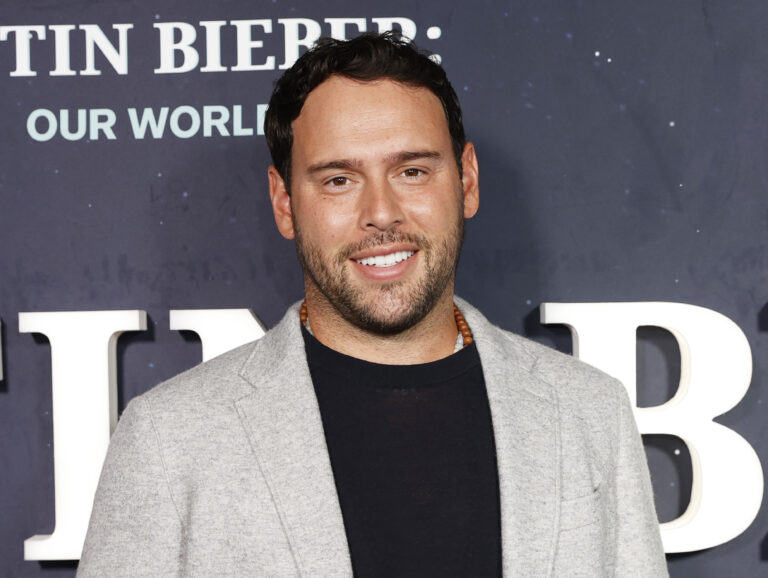
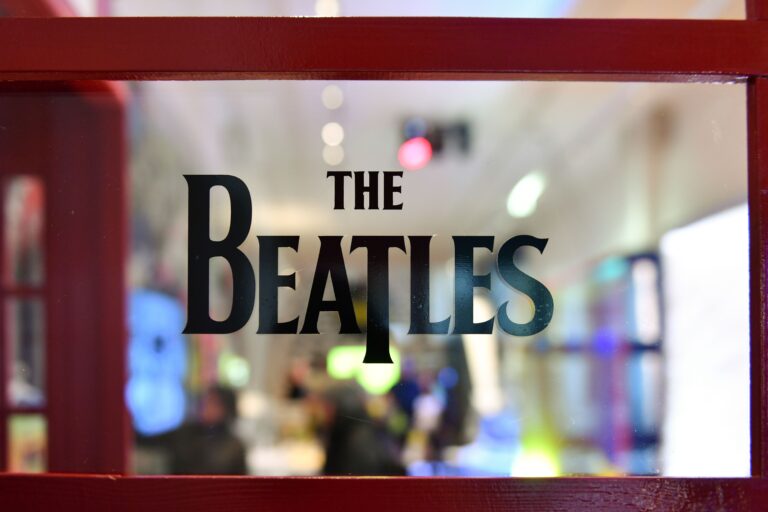
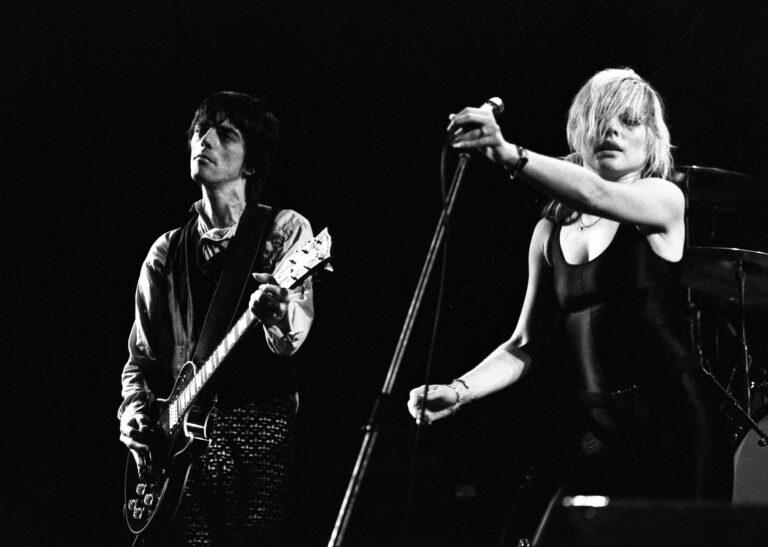
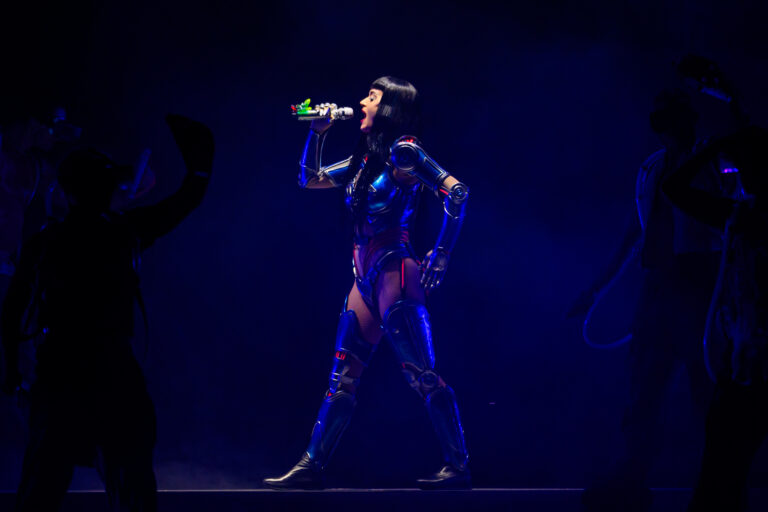
Plush & Disturbed’s David Draiman Collab on New Song ‘Why’
Rock band PLUSH has recently thrown themselves into the spotlight with the release of the music video for their latest…